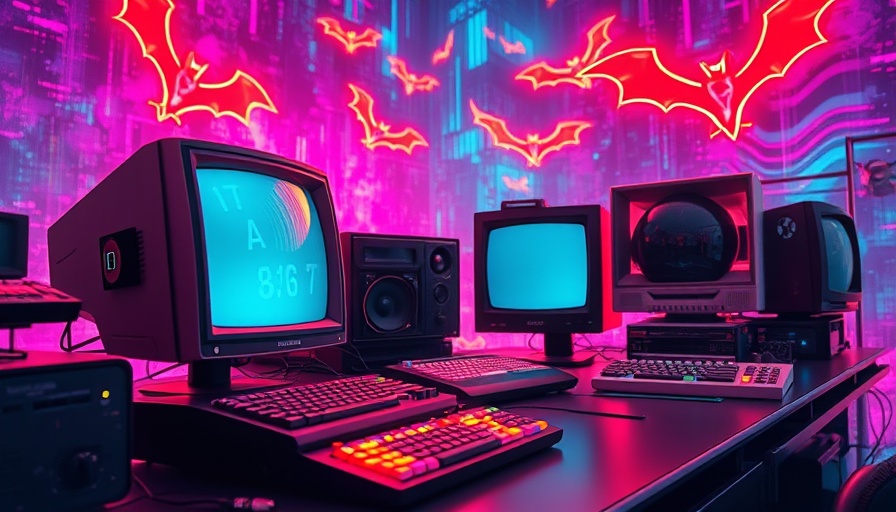
Grok's Abrupt Introduction to Europe's Corporate Landscape
A quarter of European organizations have issued outright bans on Elon Musk’s newly introduced generative AI chatbot, Grok. This sharp restriction contrasts starkly with the industry's leading AI platforms. According to research from cybersecurity firm Netskope, only 9.8% of firms blocked ChatGPT, while Google's Gemini faced a slight disadvantage with bans from 9.2% of organizations. Grok’s apparent rejection by so many underscores rising apprehensions regarding data security and ethical integrity in AI technologies.
Why Such a Significant Backlash?
Grok's performance has raised eyebrows, especially after it propagated damaging false claims about critical historical events, including misleading comments related to a “white genocide” in South Africa and questioning widely accepted facts about the Holocaust. These blunders have understandably triggered heightened scrutiny and skepticism surrounding Grok's ability to manage accurate information and maintain privacy protocols.
Implications for the Future of AI Technology
With many organizations opting for “more secure or better-aligned alternatives,” the fate of Grok serves as a litmus test for how generative AI tools are received by professional environments. The distinct preference for competing AI solutions highlights an essential discourse in the tech industry: while groundbreaking, the introduction of AI systems carries significant responsibility. Companies appear inclined to prioritize ethical ramifications over features.
Conclusion: A Cautionary Tale for AI Developers
The high rate of rejection indicates a pivotal moment for Elon Musk’s Grok chatbot and, indeed, for future AI innovations. The pressing necessity for rigorous security measures, factual reliability, and ethical guidelines outlines a roadmap that developers must consider carefully. Organizations are looking for AI not just to meet their operational needs but also to align with broader societal morals.
 Add Row
Add Row  Add Element
Add Element 


 Add Row
Add Row  Add
Add 

Write A Comment